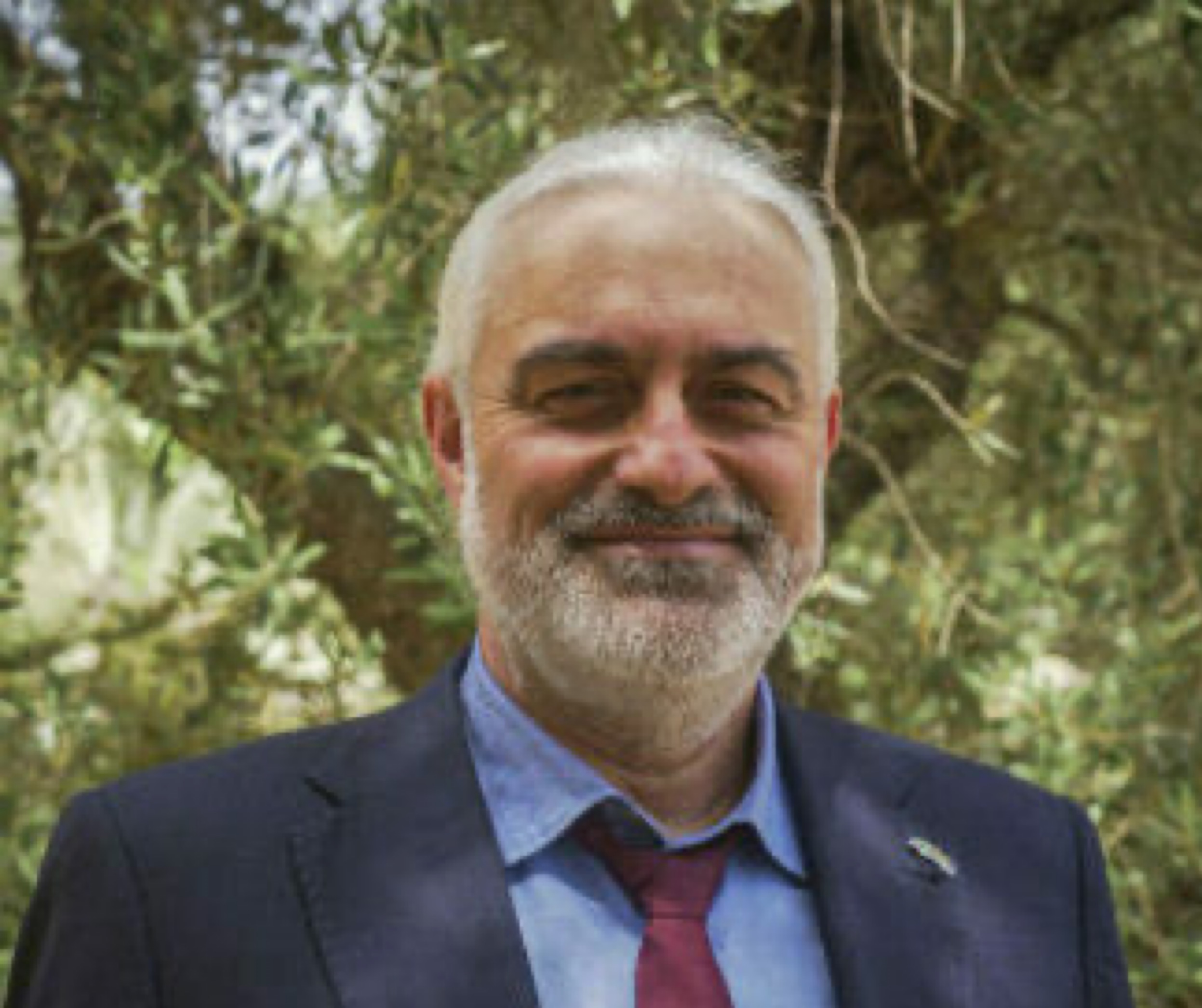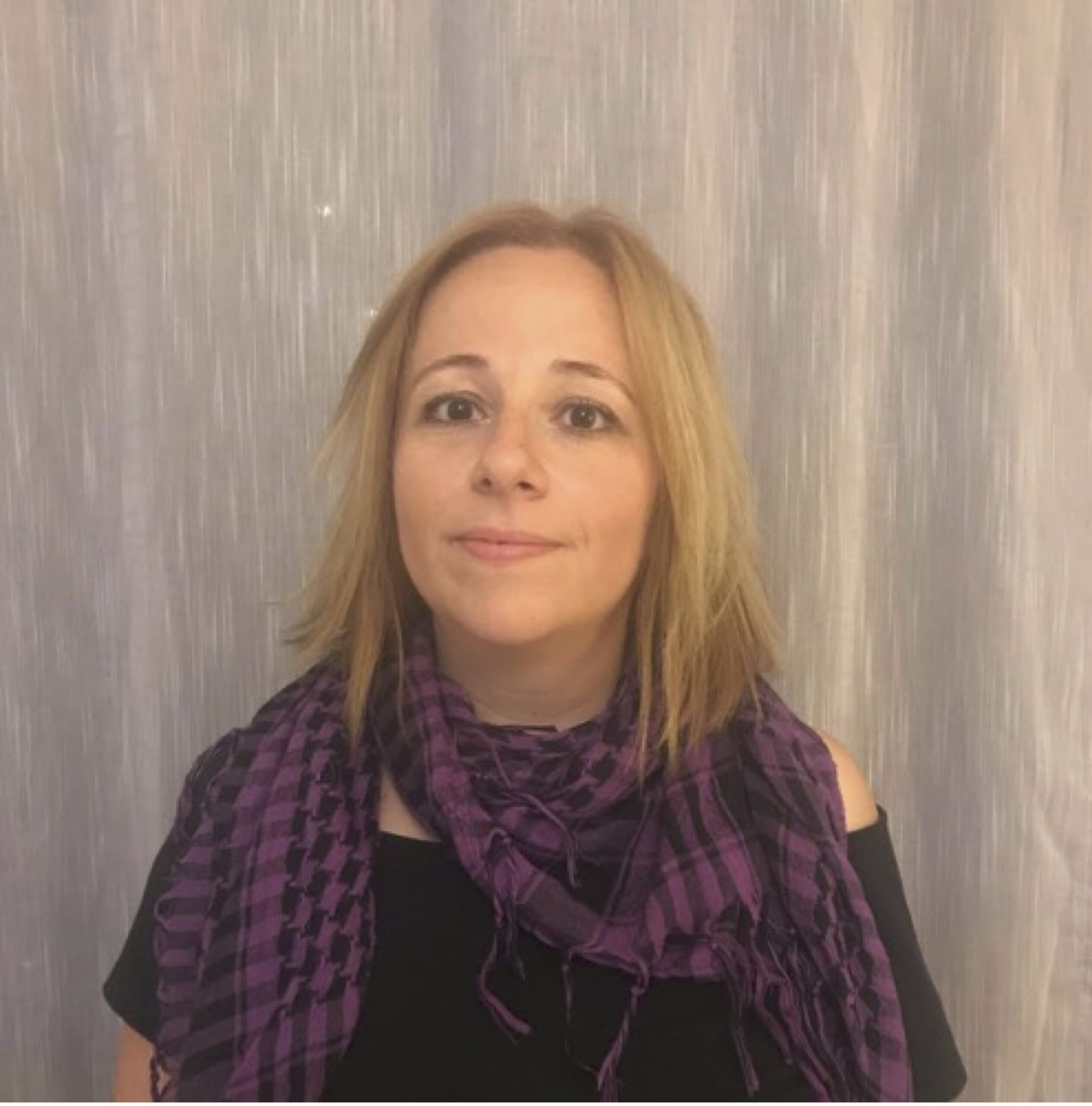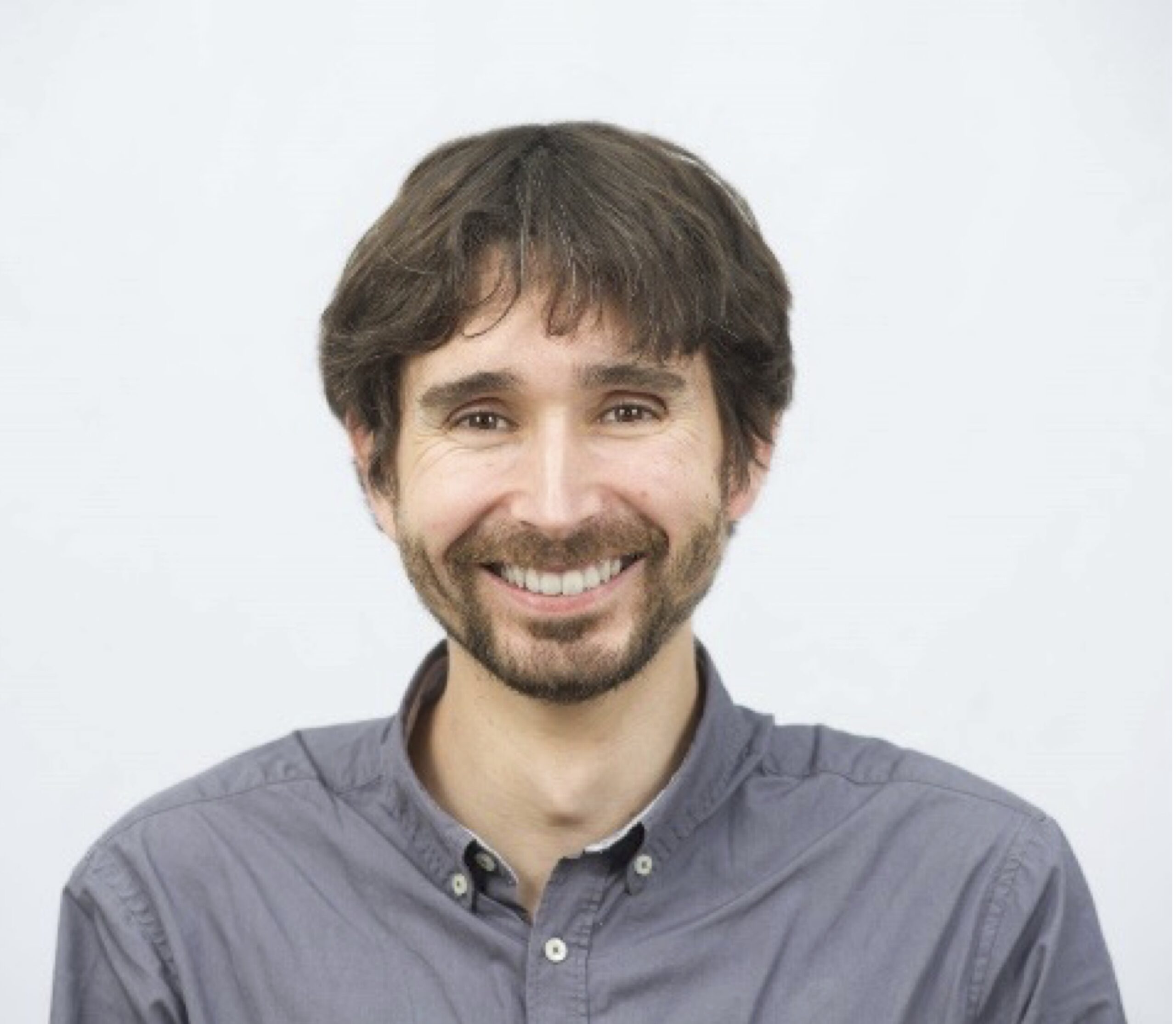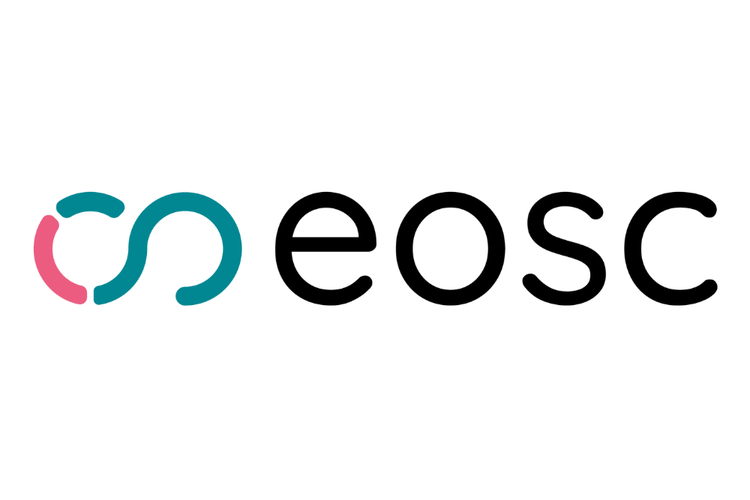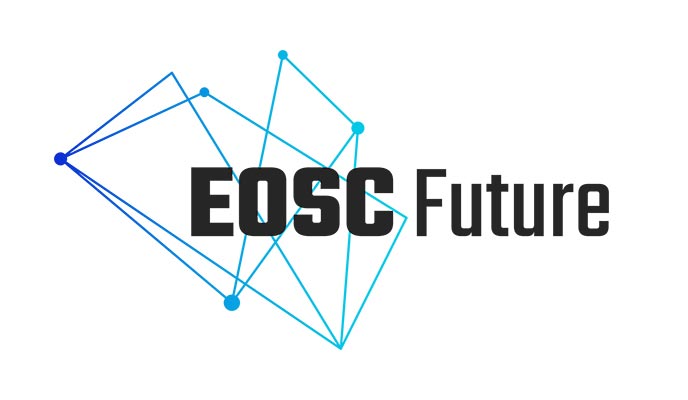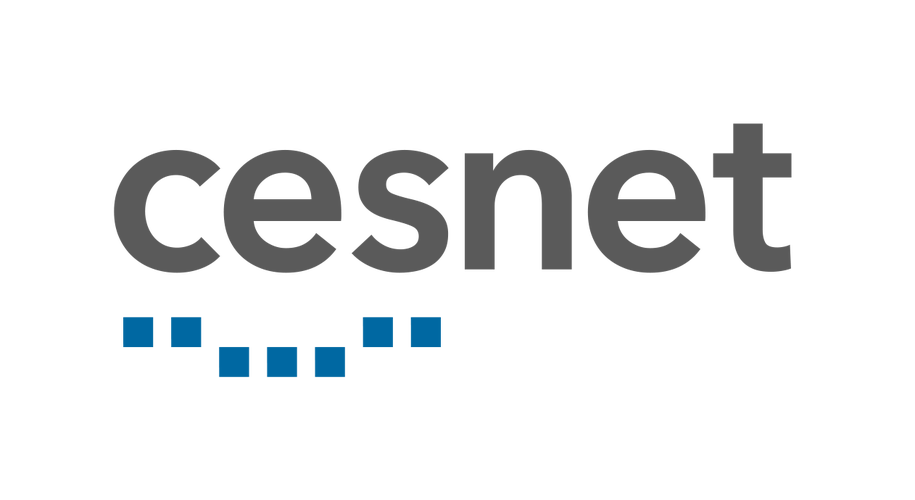Enabling Resource Composability in the EOSC Future Platform – Use cases from the scientific world
Organiser:
EOSC Future
ABOUT THE SESSION
The session provides concrete examples of how EOSC Future project brings together scientific communities and e-Infrastructures to build a federated system of systems.This session profiles the Science Projects (SPs), being developed by the EOSC Science Clusters (SCLs), with an emphasis on how they are establishing, refining or testing metadata standards to support transparency and reproducibility of research and repurposing of datasets in different contexts as well as making use of services from the EOSC Core and Exchange to support their work. The session will focus and present on the most developed use cases or Showcase Integration Stories to provide concrete examples of how EOSC is serving the science communities.
RELEVANCE TO EOSC
EOSC will provide an environment, targeted at the global open research commons, in which data can be brought together along with services to perform analyses, produce new knowledge and address societal challenges.
The SPs in EOSC Future serve as examples of how joint projects can address major, if not global, challenges for Europe’s societies and how research infrastructures can align to support Horizon Europe’s missions within the EOSC. The five SCLs – ENVRI-FAIR, ESCAPE, EOSC-Life, PANOSC and SSHOC – have designed a set of SPs to drive integration of research infrastructure data and services (“composability”) between the science domains and, as they mature and become ready for production, demonstrate how services from EOSC-Core can be incorporated into the routine provisioning of research infrastructure services.
AGENDA
| Timing | Topic | Speakers |
| 14.30 – 14.40 | Composability on EOSC – What it means and how it can be achieved? | Matt Viljoen (EGI) and Christos Arvanitidis (LifeWatch ERIC) |
| 14.40 – 15.00 | Usecase #1 – Dashboard on the state of the Environment | Angeliki Adamaki, Tjerk Krijger and Raul Bardaji |
| 15.00 – 15.20 | Usecase #2 – Imaging data in EOSC | Reagon Karki |
| 15.20 – 15.40 | Usecase #3 – Dark Matter Detection | Lukas Heinrich and Mikhail Smirnov |
| 15.40 – 16.00 | Questions and discussion | All session participants |
(RE)WATCH
Do you want to (re)watch the session? Take a look below.
If you want to (re)live the full Symposium? Take a look at the EOSC Portal youtube channel.

